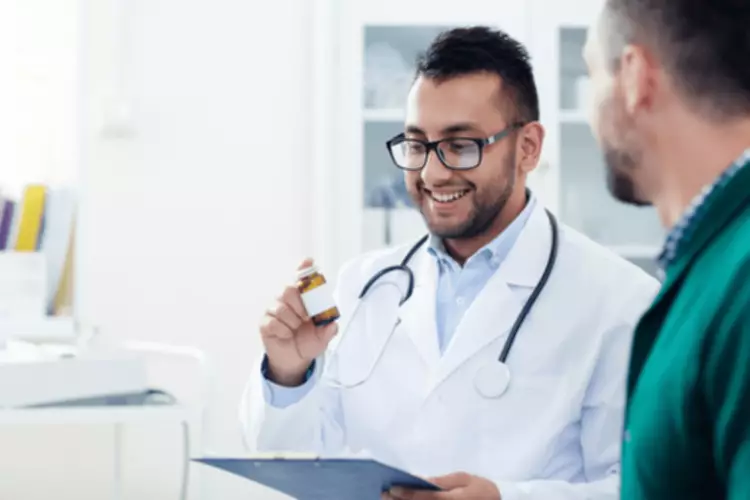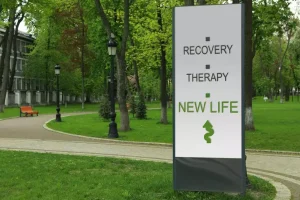
Having a plan to quit and exploring resources that can help you give up alcohol successfully can improve your chances for success. There are times when cutting back on your drinking can be helpful, but there are times when quitting alcohol altogether is the best solution. If you want to stop drinking for good, don’t let past relapses discourage you from trying to quit. It is normal and even expected for people to try to quit at least once before achieving sobriety. “For psychologists, many of them are addiction-informed, and in their advertisements or on their websites they will mention that specifically,” Dr. Lembke said.
Examine alcohol health effects
- This is because alcohol can cause depression, anxiety, and other mental health problems.
- “It’s important information that drinkers should have access to. But telling people alcohol causes cancer is just part of the solution – we also need to give them ways to take action to reduce their risk.”
- Early symptoms of alcohol withdrawal usually start about six hours after the last drink.
- “You may learn things about yourself and about your relationship to this substance that you never even thought about,” he adds.
- This article discusses alcohol withdrawal, its symptoms, and potential complications.
- These negative emotions coupled with a desire to drink are challenging to navigate, especially alone.
If you properly taper your alcohol use, you’re less likely to experience alcohol withdrawal symptoms. Gradually reducing the amount of alcohol you drink can help give your body the time it needs to adjust to the lack of alcohol. Your doctor may also prescribe medications that can reduce withdrawal symptoms and cravings.
Download or order the free 20-page booklet, “Rethinking Drinking: Alcohol & Your Health”.
Remove all alcohol from your home or ask a friend or family member to do it for you. This includes beer, wine, and liquor, as well as products that contain alcohol such as rubbing alcohol and vanilla extract. Keep https://ecosoberhouse.com/ a list of emergency phone numbers on hand that includes contact info for your doctor, the police, a nearby hospital, and someone you trust. And consider joining a support group such as Alcoholics Anonymous.
11 ways to curb your drinking
For light or moderate drinking, you might experience a more temporary, mild effect on mood. If you’ve been drinking heavily or for long periods, the impact will be more pronounced, and it will take longer for your neurotransmitter systems to restore their balance in your body. Eating nutritious food, exercising, and getting enough sleep can help reduce some withdrawal symptoms, such as mood swings. If don’t have much of an appetite, you may want to take a multivitamin or drink a beverage high in electrolytes, such as a sports drink. If you take prescription medication, continue to take it as directed.

Inpatient treatment may be an expensive option in terms of time and money. Unlike inpatient treatment, tapering allows people to maintain their lifestyles while improving their drinking habits. Although you can use methods to taper off alcohol at home, the best way to taper is to talk to a doctor. They can monitor your intake and adjust it accordingly to reduce the risk of withdrawal symptoms.
Breaking the booze habit, whether it’s for 30 days or longer, has its benefits. This guide has lots of practical tips on how you can stop drinking and the benefits you can expect. You can also find out about the withdrawal symptoms you could experience if you move from drinking heavily to not drinking at all, and advice on where to get support. For other people, stopping drinking can be essential for medical reasons.
How Long Does it Take to Detox from Alcohol at Home?

Vivitrol (naltrexone), Campral (acamprosate), and Antabuse (disulfiram) have been FDA-approved to treat alcohol use disorder. If you have been drinking heavily and chronically, it is also a good idea to have your detox medically supervised to minimize your risk of potentially dangerous withdrawal complications. The mental health changes you experience when you stop drinking can include symptoms of withdrawal, difficulty sleeping, irritability, mood swings, and clearer thinking. While some of these changes can be uncomfortable for some time, they will eventually begin to improve the longer you abstain from alcohol use.
Take some time to explore your relationship with alcohol

This is because alcohol can cause fatigue and decreased motivation, so when you stop drinking, you may find it easier to get things done. However, when you stop drinking, your liver will begin to repair itself How to Stop Drinking and the damage will start to reverse. You might notice this effect more if you were drinking to manage your mood, such as drinking to temporarily relieve negative emotions or boost positive ones.
- Alcohol withdrawal is potentially fatal, especially for people with an alcohol addiction.
- But if you experience these symptoms for more than about five days after stopping or find them particularly troublesome, your GP will be able to offer some advice.
- Also, your risk of developing cardiovascular disease will start to decrease.
- Sometimes, symptoms may be severe enough to require medical treatment at a hospital or rehabilitation facility.
Take note of your mental health
- There are many support options available that can help guide you through alcohol withdrawal, as well as abstaining from alcohol after withdrawal.
- You’re likely to be in situations where you’ll be offered a drink.
- And if you’re thinking about removing alcohol from your life, you’re not alone.
Information provided on Forbes Health is for educational purposes only. Your health and wellness is unique to you, and the products and services we review may not be right for your circumstances. We do not offer individual medical advice, diagnosis or treatment plans. For personal advice, please consult with a medical professional. Medical experts now use the term “alcohol use disorder” rather than “alcohol abuse” to address the concern of excessive drinking.


